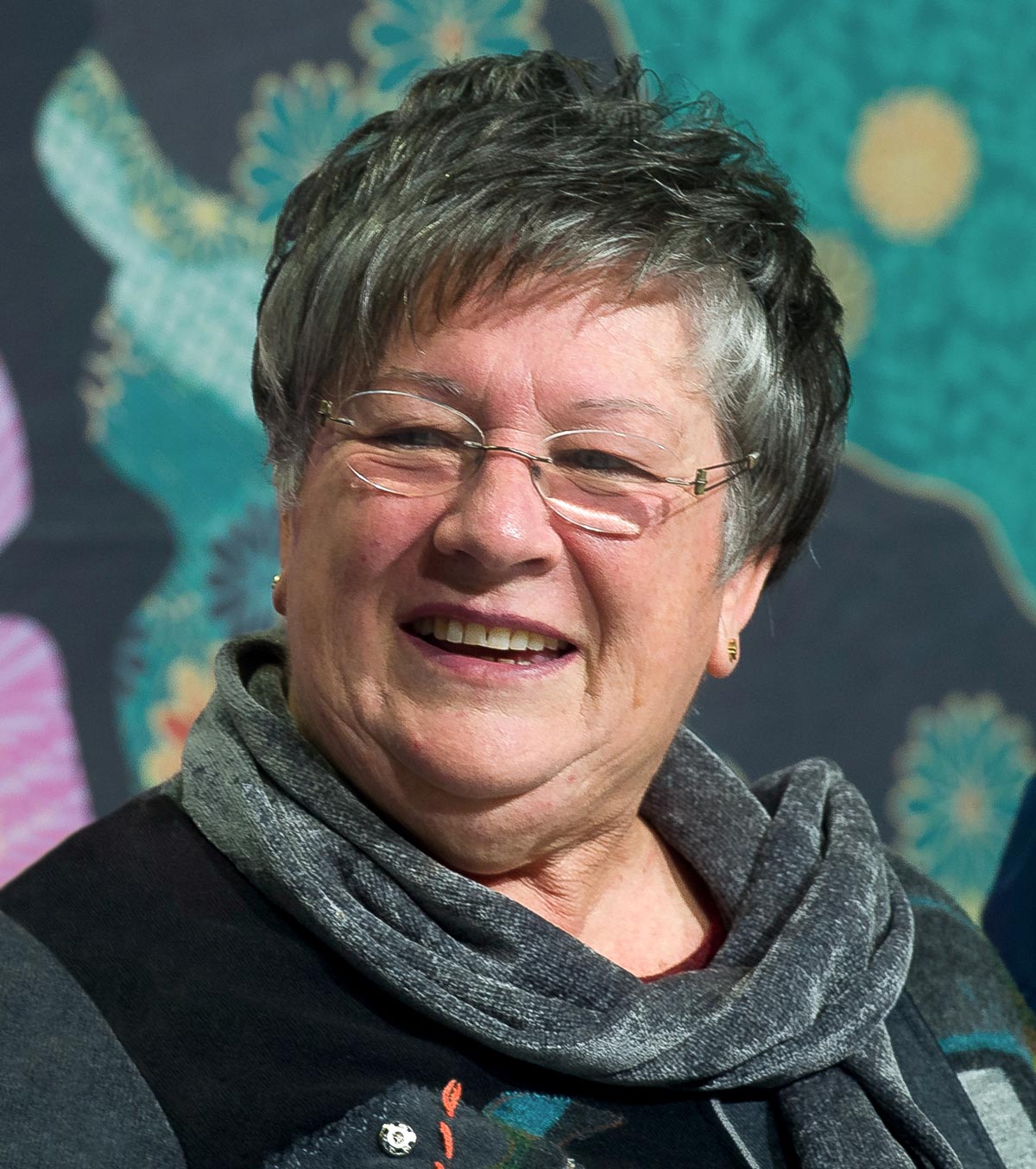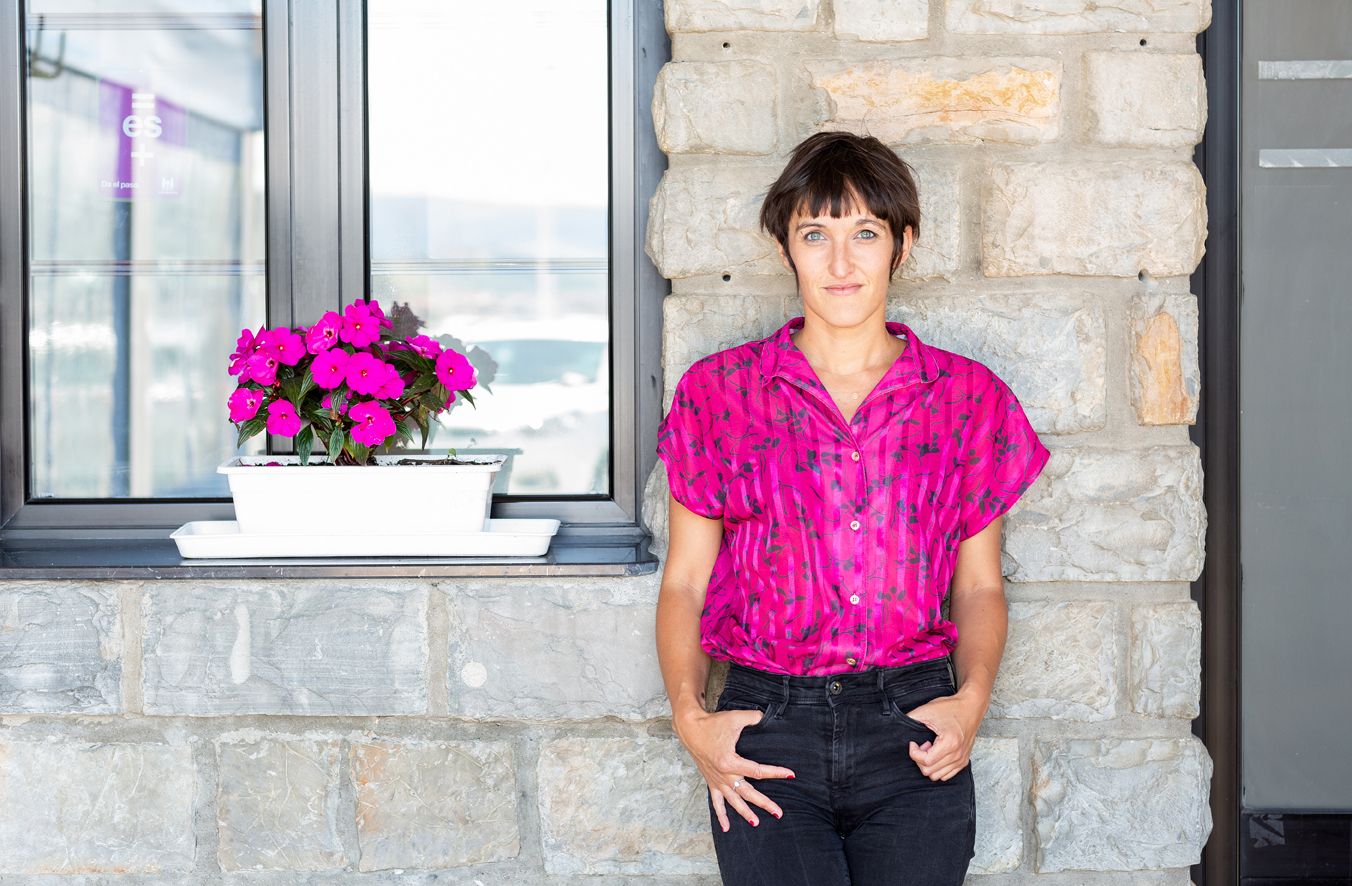Rimas entre txosnas
- Chronicle of the feminist performance of the Aste Nagusia of Bilbao (August 21) in the Mamiki comparison. Bertsolaris: Iratxe Ibarra, Oihane Perea and Jone Uria.

Bertsolari usually chooses where to choose from in the Aste Nagusia of Bilbao, if you take into account the usual performances that are organized every day in the Plaza de Santiago and those that make the comparsas here and there. To seek the balance between those who appear on the stage, Mamiki's comparison led three women to the feminist program of the festivities: Iratxe Ibarra, Oihane Perea and Jone Uria. The afternoon sun, the distant music of the other txosnas, the movements of the and the born... the three were able to enjoy a nice performance in an unusual atmosphere for the bertsos, at the orders of Izar Mendiguren, who put the theme in order.
The bertsolaris often commented on the pros and cons of the party, as the themes paved the way for it. By couples, Iratxe Ibarra chose Aste Nagusia and Jone Uria pointed out the reasons for complaining. In the next exercise, Ibarra felt undecided about the juerga or not, and he had in his head Uria, an angelite, and Perea, a devil. “If you want to be, Mom, don’t approach Oihane,” Uria said. But the devil proved his ability to persuade: “You know that in hell there are many txosnas,” he rounded one of the verses. An exercise in which they offered a nice exchange for public satisfaction.
The author gave the bertsolaris a surprise envelope, one of those sold at parties and the other at parties. Ibarra was touched by a plastic pistol, Perea was struck by huge purple glasses, and Uria was a coloured hairdresser. The purple goggles could give a lot to talk about in a feminist session, but they took more advantage of the gun. Perea remembered a water gun to wash his lice, while Uria, believing it was a ball gun, said: “It’s pelotari Iratxe and eye/yes sends the balls further away with your hands.”
Humor and mockery were the great ingredients of the program, due to contextual demands, but Uria took a space for seriousness, alone, taking a five-year-old boy above the skin of an immigrant street party saleswoman. The finishing touch came with the seal of the Valley. On the occasion of the 40th anniversary of Aste Nagusia, in the role of Marijaia, he defended the popular holiday model: “I want 40 more years to stay that way/say whatever you want and do whatever you want.”
The session organized by Mamiki was feminist, but not feminist. Because it's a feminist, by itself, that women get on the stage to work on issues of all kinds, now with humor, now claiming. Unfortunately, however, we still have to remember Ibarra’s farewell request: “As we know, the holiday street is ours and the night too.”
Kristina Mardaras, beste gauza askoren artean, bertsolaria da. Euskal Herriko Bertsolari Txapelketa Nagusian parte hartu zuen lehen emakumea izan zelako da ezagun, bertso munduan. Baina, baita hamaika bertso-saiotako antolatzaile eta entzule gisa ere. Izan ere, plaza utzi zuen,... [+]























